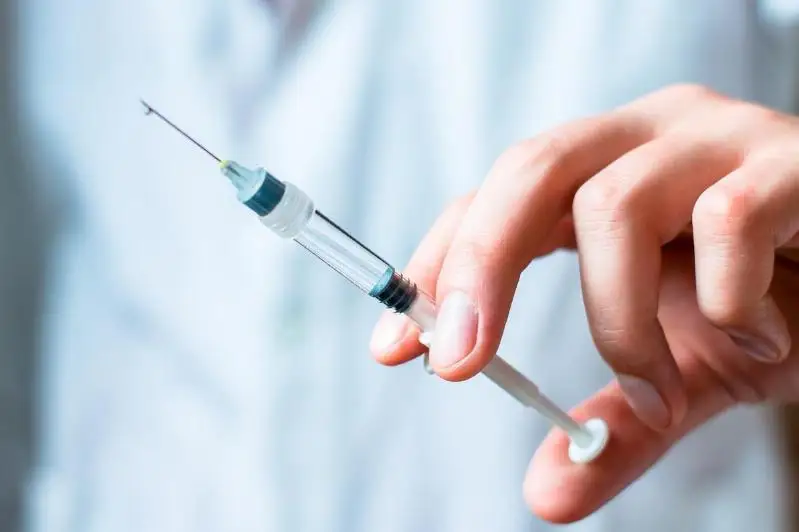Japan to begin COVID-19 vaccinations on reservation basis

The plan was approved by a panel of experts ahead of the potential March start of the country's mass vaccination program. The ministry said it plans to secure 10,500 freezers capable of storing vaccines, allowing them to be distributed across the country.
The ministry said in addition to medical facilities, vaccinations should be carried out at public health centers, gymnasiums, event venues and shopping malls, adding those being administered the vaccine must make a reservation in advance with authorities in the cities, towns or villages in which they are registered as residents.
As the soon to be available COVID-19 vaccines must be stored at low temperatures, the Ministry of Health, Labor and Welfare will secure about 3,000 freezers with the capacity to store items at minus 75 C and about 7,500 freezers with a minus 20 C capability. It will also procure dry ice and cooler boxes for vaccination centers.
The vaccine developed by U.S. pharmaceutical giant Pfizer Inc. and German partner BioNTech SE is required to be stored at minus 70 C or lower, while U.S. biotech firm Moderna Inc.'s can be shipped and stored over a six-month period if kept in a standard freezer temperature of minus 20 C.
Ahead of Japan and other Western nations, Britain on Tuesday started its COVID-19 vaccination program using the Pfizer vaccine.
The United States is also expected to begin its vaccination campaign soon as the Food and Drug Administration could authorize the Pfizer vaccine this week.
As vaccination against the virus could begin as early as March in Japan, the ministry will ask municipalities to prepare necessary venues and ready systems to accept reservations.
Japan has agreed with Pfizer, Moderna, and Britain's AstraZeneca Plc to receive sufficient numbers of vaccine doses to cover the entire population and more, earmarking a budget of 671.4 billion yen ($6.4 billion) for that purpose.
The Pfizer vaccine is projected to be delivered in batches of 1,000 doses and they need to be administered within approximately 10 days when stored in cooler boxes with dry ice.
Local governments will discuss whether they should designate a vaccination date and time for residents of each region to avoid overcrowding at venues.
The ministry is also planning to develop a system that will enable it to share information about stocks of vaccine doses at medical institutions with local governments and distributors, so as to help them avoid allocation problems as much as possible.